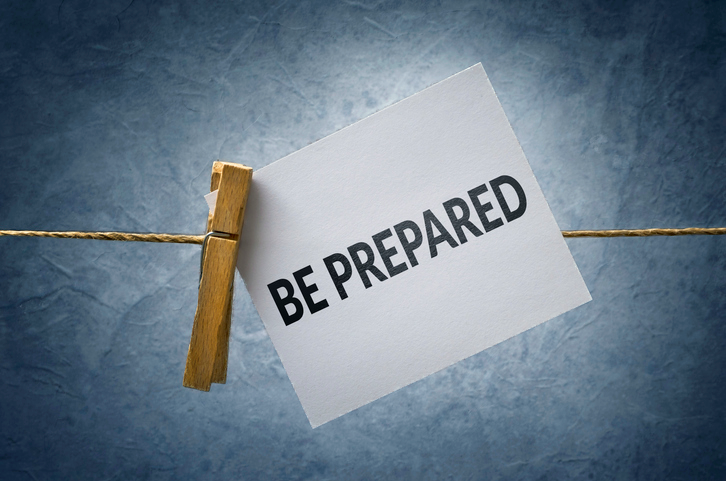
Danger lurks. At least, that’s what our mind likes to tell us, especially during times of uncertainty.
This feeling is perfectly normal when we’re faced with exposure to a threat — whether that’s a mysterious virus or your daughter venturing out on her own as she gains more independence and autonomy.
That said, preparing for a danger and being consumed with worry about it are two very different things. In fact, failure to do the first often intensifies the second.
But I understand. Facing a fear head-on is challenging. Yet the fact remains, creating a plan for dealing with danger is your strongest defense.
In many ways, sending your daughter off to college mirrors the difficulties our world is up against in the face of COVID-19. She’ll be exposed to real threats for which she has yet to build up an immunity — a reality that can result in uncertainty and anxiety for both of you.
Fortunately, and much like managing this elusive virus, the solution doesn’t have to lie in passively hoping she remains unscathed. Instead, we can take charge by helping her understand the risks she faces and by providing a solid foundation of safe habits. In so doing, we reduce worry and make real advancements toward minimizing any danger that she may encounter.
Here are four steps you and your daughter can take that will have an immediate effect on her ability to stay safe and feel more secure.
A 4-Step Plan to Build Your Daughter’s Sense of Security
1. Help her accept the reality that she’s not immune. While unlikely, encountering sexual assault is a reality that many teens and college women face. Simply taking a deep breath, embracing the fact that dangers exist, and recognizing that there are actions she can take to reduce risk, are important initial steps.
2. Help her identify unsafe situations. When it comes to the Coronavirus, we all know that a crowded theater is more dangerous than an open field. Similarly, when it comes to personal safety and sexual assault it’s important for your daughter to understand when and where she is at greatest risk and how to identify the (sometimes subtle) warning signs that indicate she is in the presence of danger.
3. Empower her with the tools to face challenges. In addition to recognizing a dangerous situation when it occurs, it’s equally important for her to know how to manage it. In most cases, spotting and deescalating potentially dangerous situations is enough. But, she should be practiced, as well, in how to physically defend herself, if she’s left with no other choice.
4. Instill in her the discipline and courage to act. Knowing what to do is one thing. Doing it is another. In some situations, taking the appropriate steps to ensure her safety may feel awkward, inconvenient, or difficult. You can support her by helping her build the personal fortitude it will take to stick to her plan and follow through on the safety rules she knows are best.
When it comes to dealing with a crisis, panic is not useful. We need look no further for examples of this than to the doctors, experts and community leaders who have remained rational, focused and proactive throughout the pandemic.
You can talk to your daughter about her safety in a similar way. In the end, she’ll leave these conversations feeling more secure and self-reliant. Once you’re confident that she’s well prepared with a good plan, you’ll worry less and feel more secure, too.